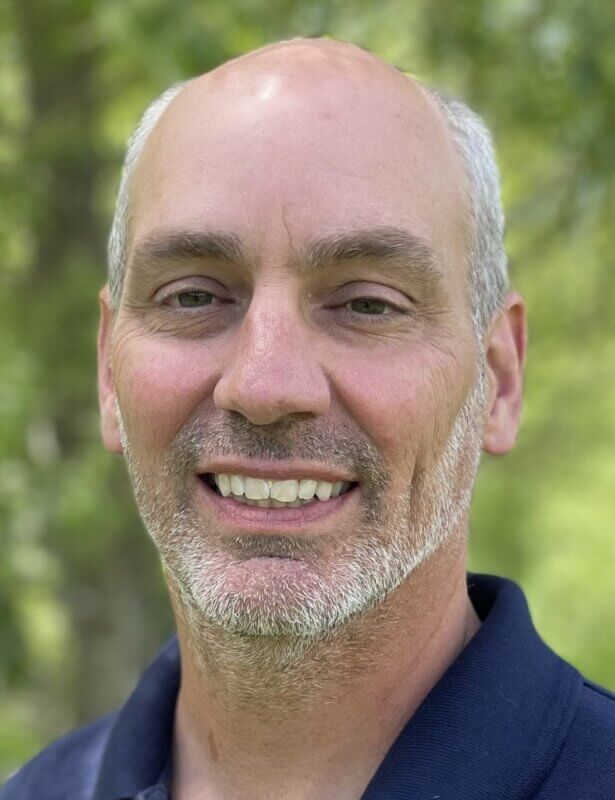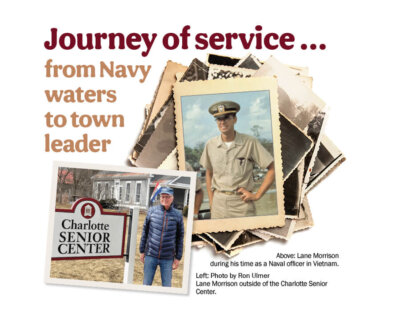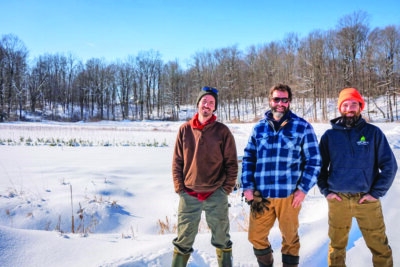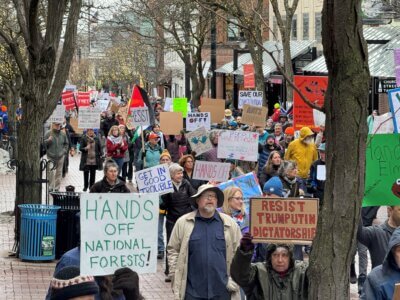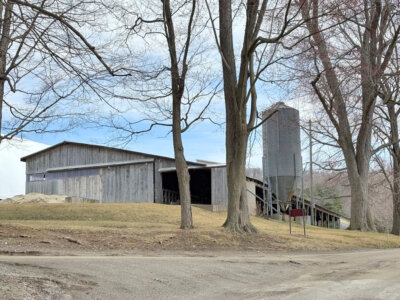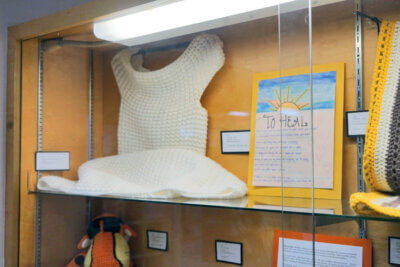Brian Just: Happy at chipping away at the fossil-fuel addiction
It took seven years but Brian Just is happy to say that his house at Ten Stones doesn’t need a CO2 detector. That’s because he and his wife, Erin, have gone completely fossil fuel free.
“We just started chipping away,” Just said. “We replaced the boiler with an air-to-water heat pump three years ago and took the propane tank out of the ground. Seeing it being excavated from the front yard is one of my favorite moments.”
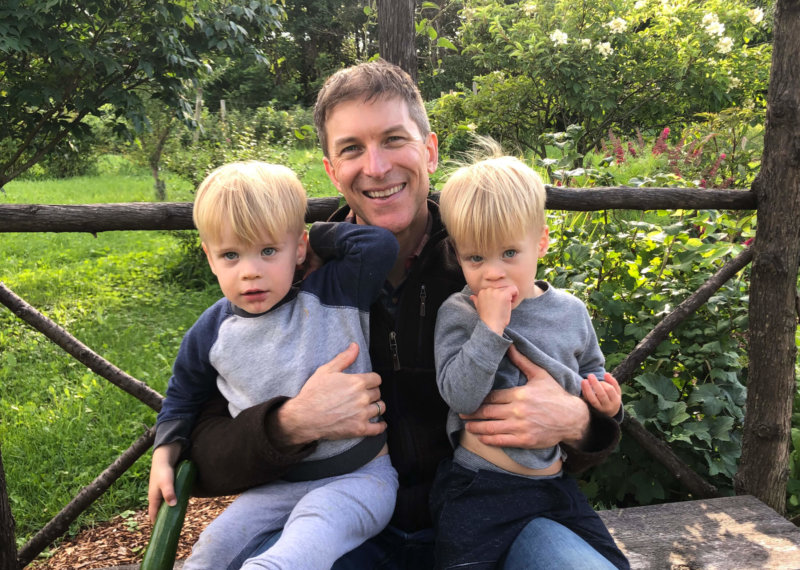
Saving energy is part of Just’s professional life as well as his personal one. He is the director of energy services engineering at Vermont Energy Investment Corporation.
“I work with really smart engineers,” Just said. “They are figuring out creative ways to solve energy problems and helping to line up great ideas with opportunities inside and outside the state.”
After replacing the boiler, Just set his sights on transportation and purchased a used electric vehicle. The couple kept their Subaru until it gave out and then replaced it with an electric SUV.
Then, Just turned his attention to the kitchen where he installed an induction stove.
“We got rid of our propane grill,” he said, “and I sold my gas-powered chainsaw.”
The couple’s home isn’t ideal for solar panels so they bought into an array on the Bristol landfill.
“It makes up for the electricity our home and vehicles use,” Just said.
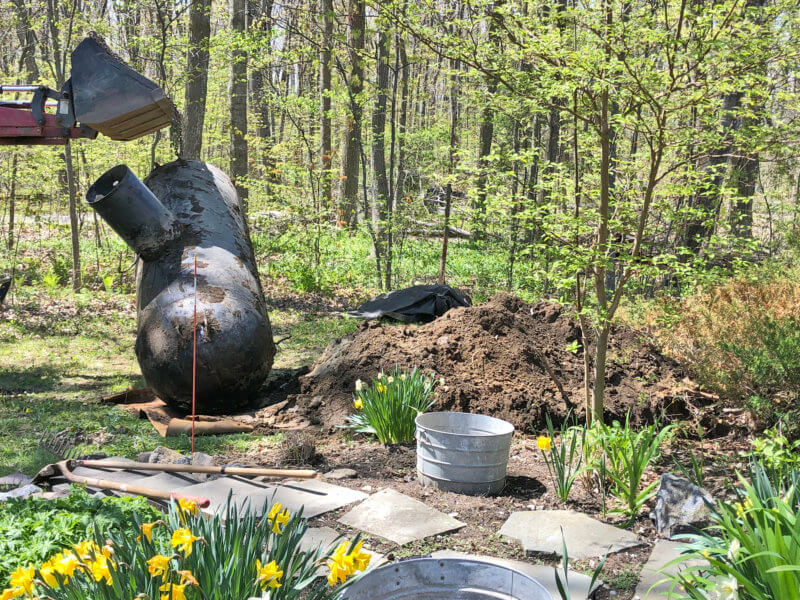
In addition, he pulled most of his retirement money out of mutual funds which invest in fossil fuels, a process he admits isn’t that easy. “If you’re willing to do the work, you can do it,” he said. “It just takes a little commitment.”
Just grew up in the prairies of western Minnesota and started his career as a mechanical engineer designing big equipment. After working enough to pay off his student loans, he decided to take a non-traditional route.
“I bought a one-way ticket to Bangkok,” he said, “because it was the cheapest fare to a distant place.”
Although his initial plan had been to travel for a year, Just didn’t return for four years when he turned 30. “I spent a couple of years meandering,” he said. “I was in Australia and New Zealand for a brief period, looped through Asia and crossed Russia and Eastern Europe.”
He traveled to Africa, the Middle East, South America and Central America. He finished the jaunt on a Greyhound bus, walking the last 13 miles from the bus stop to his parents’ home.
Traveling opened Just’s eyes to problems that exist in developing nations and he began to think about ways he might be able to provide solutions.
“I’d been traveling around Borneo, an island whose name sings ‘rainforest’ to me,” he said, “but even venturing inland I saw firsthand how much deforestation there is.”
After travelling for weeks far off the beaten path, Just never found true jungle.
When Just was 20, he visited Vermont for a fall foliage weekend and fell in love with the state.
Just was thrilled at the opportunity to move to Vermont when the Vermont Energy Investment Corporation job opened.
“There was a lot of intention,” he said. “I have a 200-year view of things. It’s hard for me to imagine the place where I grew up not turning into a desert, and I wanted to be somewhere near a coast where a water shortage wouldn’t be an issue.”
The locavore movement was also a draw.
“There is so much pride here in the agriculture, and land and food and that really fits us,” he said.
Just is also happy to have found a community in Ten Stones. “I wanted the opportunity to have closer relationships and to know our neighbors,” he said.
For those interested in following in his fossil-free footsteps, Just has some simple advice: “Start with what you can do. When we bought the house, the first thing we did was replace the light bulbs with LEDs, and then we started to chip away more as opportunities arose.”
Related Stories
Popular Stories
If you enjoy The Charlotte News, please consider making a donation. Your gift will help us produce more stories like this. The majority of our budget comes from charitable contributions. Your gift helps sustain The Charlotte News, keeping it a free service for everyone in town. Thank you.
Bill Regan, Chair, Board of Directors
